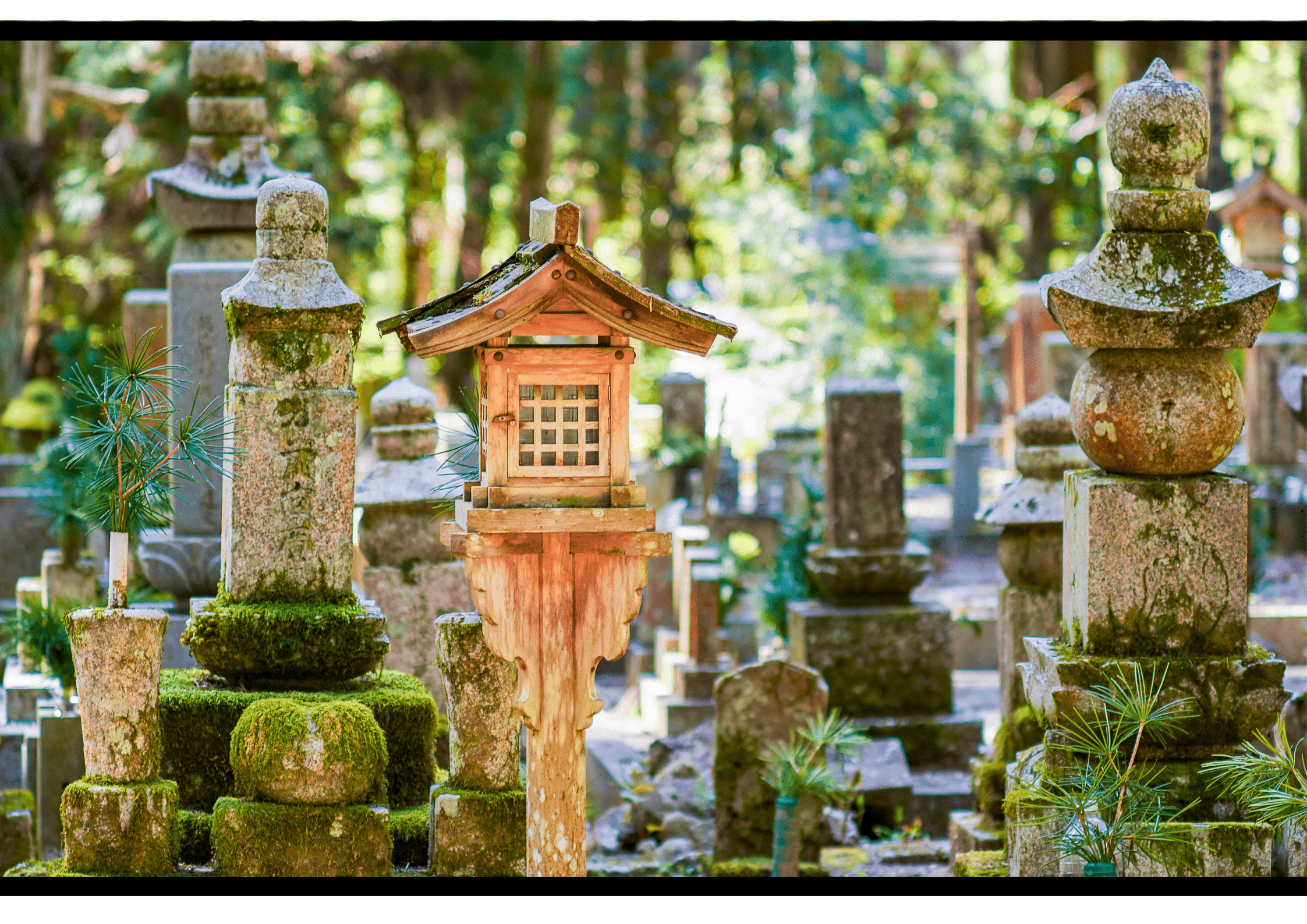The number of Buddhists in Japan declined after the war, becoming a minority. However, because most Japanese adhere to the traditions of their ancestors, they remain members of a religious sect. For most families, religious rituals are not particularly important until a family member dies. Funerals in Japan are generally held according to Buddhist rites, and it is crucial to invite priests from a particular sect to recite sutras and offer prayers before building an altar to honor the deceased, and to prepare the Buddha's posthumous name, which is written on the grave, alongside his or her previous name during life.
In the beginning Kaimyo it was established earlier in the 40th century that living believers should be given Buddhist names as a guide for their lives. Priests are under pressure to adhere to this modern practice because the Buddhist tradition has little doctrine to support it. Nevertheless, bereaved families remain adamant about obtaining a Buddhist name. Kaimyo and the temples still continue to provide it. The existence of this culture is the source of the custom that Kaimyo generate a lot of income. Actually Kaimyo it is not for sale, but after knowing the agreement, both parties agree on a kind of contribution, the amount of which is rarely mentioned. It all depends on the splendor of the temple and the status of the applicant. Kaimyo. For the bereaved family, Kaimyo It is not a trivial matter, because the family's honor depends on the position of the deceased. The family feels the need to obtain a position Kaimyo good, preferably equivalent to those used by their ancestors.
It's easy to dissect this culture; one can easily point out that many bereaved families around the world don't even think about spending a fortune on a funeral. It seems humans can't help but add a little magic to the thing called death.
KAIMYO : The name given to a Buddhist after he dies.














